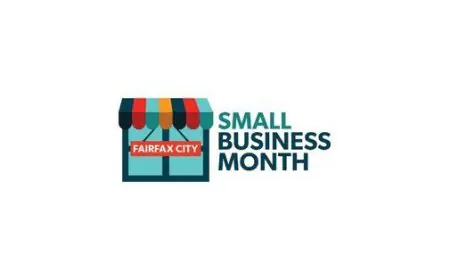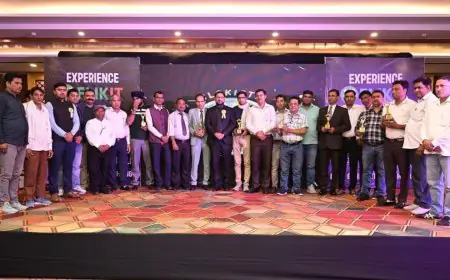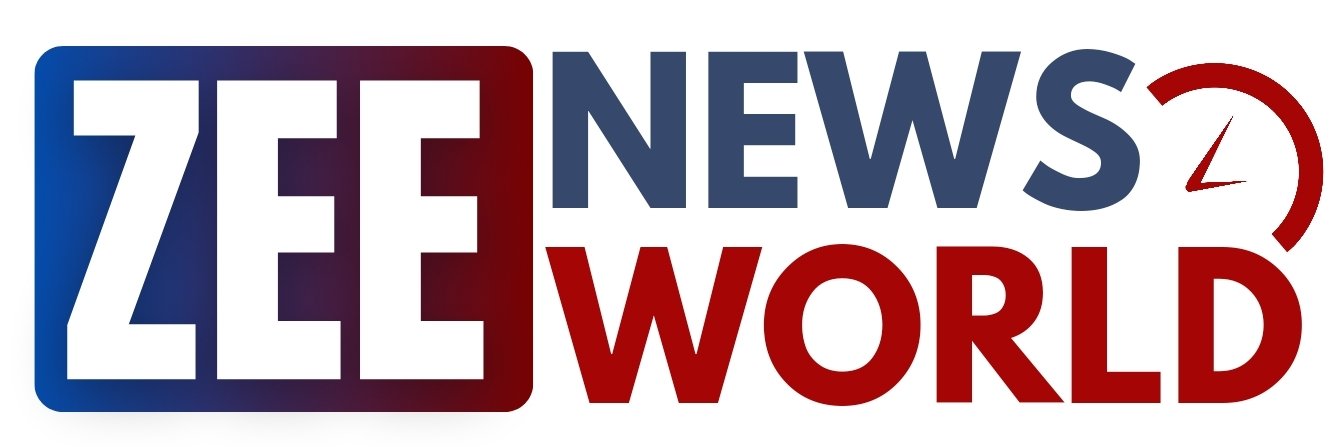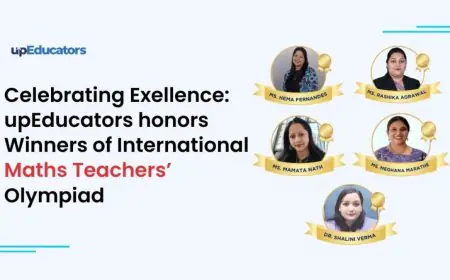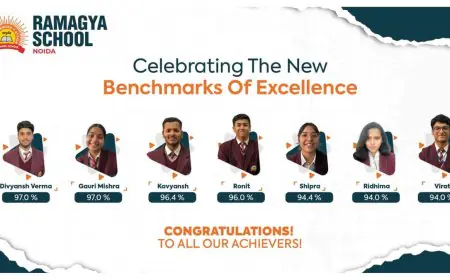Smarter Research, Safer Practices: IFERP Publishes New Guidelines on the Ethics of AI Use in Academics
Chennai (Tamil Nadu) [India], July 28: The Institute for Educational Research and Publication (IFERP) unveils a practical framework supported by dedicated conference tracks and training to help students, faculty, and administrators harness AI’s power responsibly while guarding academic integrity. The Institute for Educational Research and Publication (IFERP) today announced a comprehensive set of guidelines and [...]
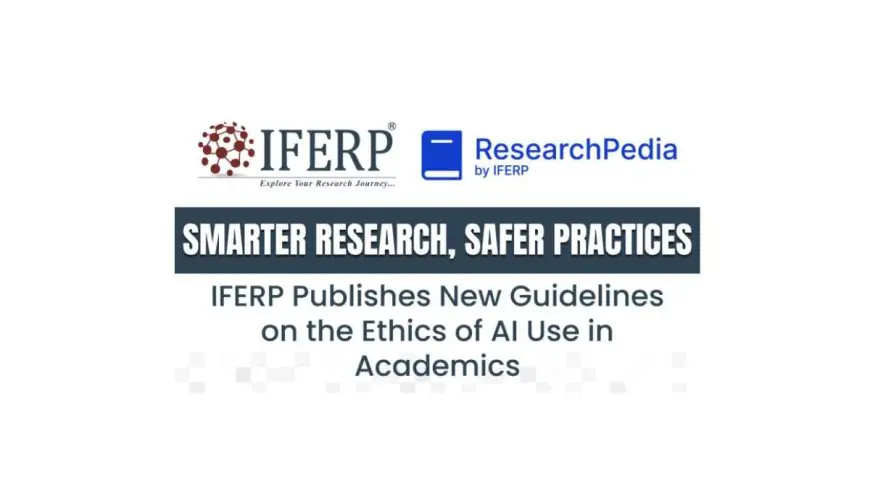

Chennai (Tamil Nadu) [India], July 28: The Institute for Educational Research and Publication (IFERP) unveils a practical framework supported by dedicated conference tracks and training to help students, faculty, and administrators harness AI’s power responsibly while guarding academic integrity.
The Institute for Educational Research and Publication (IFERP) today announced a comprehensive set of guidelines and workshops aimed at strengthening ethical and transparent use of artificial intelligence across global campuses.
“Generative AI is now a co-author, a tutor, and sometimes a gatekeeper in the scholarly journey. Our new framework ensures that researchers gain AI’s efficiencies without sacrificing originality, privacy, or trust,” said, Mr. Siddth Kumar Chhajer, MD & Founder, IFERP, Technoarete Group.
IFERP’s Role in Advancing the Next Era of Research and Learning
- IFERP’s international forums, such as the annual “AI & Its Applications: Transforming Industries and Society” series, show a sharp rise in papers using AI-assisted literature reviews and funding-match tools.
- In-house solutions like AI Academic Resume Builder and ResearchPedia have streamlined CV creation and article summarisation for thousands of scholars.
- AI already personalises learning, powers virtual tutors, and automates plagiarism checks across IFERP-partner institutions.
Yet faculty surveys reveal concerns around false plagiarism “hits,” data-privacy gaps, and student over-reliance on chatbots.

Responsible AI in Academia toolkit
- Clear disclosure rules: Authors must declare any AI assistance at both submission and final-proof stages, in line with IFERP’s publication policy.
- Integrity thresholds: All manuscripts must remain ≥ 80% original text and below 20% similarity on standard checkers.
- Data-privacy checklist: A step-by-step consent and storage protocol for any platform that ingests student work.
- Bias & fairness audit: Rapid worksheets aligned with UNESCO’s 2021 Recommendation on the Ethics of Artificial Intelligence, the world’s first global AI ethics standard, and the EU’s risk-based 2024 AI Act framework.
- Human-in-the-loop rubric: Guidance on maintaining subject-expert oversight for high-stakes decisions (grading, admissions, funding).

Building Global Capacity for Responsible AI Use
- Conference tracks: The upcoming Dubai edition of AI & Its Applications features sessions on Ethical AI, Fair & Ethical AI in Criminal Justice, and AI Governance in Environmental Sciences.
- Workshops & webinars: Monthly virtual clinics and faculty development programmes focus on bias testing, prompt engineering, and policy drafting.
- Global partnerships: IFERP invites universities to co-host events and share best practices through its Academic and Organising Partner schemes.
About IFERP
The Institute for Educational Research and Publication (IFERP) is a premier academic association connecting 118,000+ members across 80+ countries. Through conferences, journals, and bespoke digital tools, IFERP accelerates multidisciplinary research, innovation, and knowledge exchange.
For more information please visit
If you have any objection to this press release content, kindly contact pr.error.rectification@gmail.com to notify us. We will respond and rectify the situation in the next 24 hours.
What's Your Reaction?















